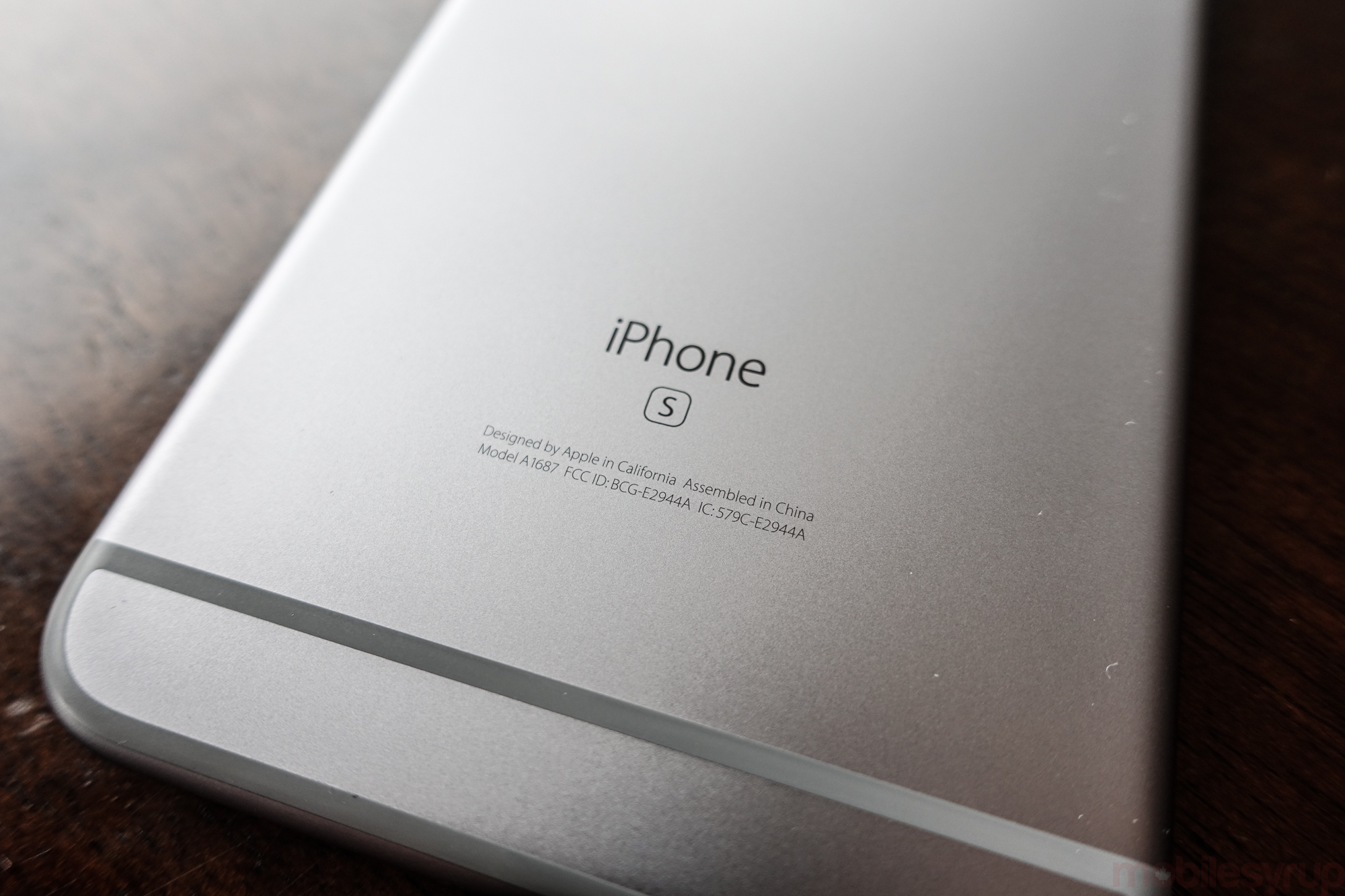
Late last month, Chipworks discovered Apple sourced the A9 chip found in the new iPhones from two different companies. The chips are being manufactured by Samsung and Taiwan Semiconductor Manufacturing Co (TSMC). It turns out the two chips are physically different (the A9 manufactured by TSMC is built in a 16nm process, whereas the Samsung-made chip is built on a 14nm process), and, perhaps more significantly, there’s a slight performance disparity between the two chips.
In benchmarks performed by Engadget and other websites, TSMC A9-equipped iPhones were, in some cases, able to last two additional hours on a single charge when compared to Samsung A9-equipped iPhones.
Since this news made its way online, Apple has attempted to get ahead of the situation, issuing its own take on the two chips.
In a statement sent to Ars Technica, the company says the difference between the two chipsets is marginal in real-world testing.
“With the Apple-designed A9 chip in your iPhone 6s or iPhone 6s Plus, you are getting the most advanced smartphone chip in the world. Every chip we ship meets Apple’s highest standards for providing incredible performance and deliver great battery life, regardless of iPhone 6s capacity, color, or model,” said an Apple spokesperson to the website.
“Certain manufactured lab tests which run the processors with a continuous heavy workload until the battery depletes are not representative of real-world usage, since they spend an unrealistic amount of time at the highest CPU performance state. It’s a misleading way to measure real-world battery life. Our testing and customer data show the actual battery life of the iPhone 6s and iPhone 6s Plus, even taking into account variable component differences, vary within just 2-3% of each other.”
It’s possible Apple was aware of this issue going into the release of the iPhone 6s and iPhone 6s Plus, but decided that in order to meet demand – 13-million iPhones were sold in their first week of availability — the slight disparity in performance was acceptable.
[source]Chipworks[/source][via]Ars Technica, Anandtech[/via]


